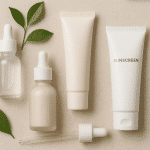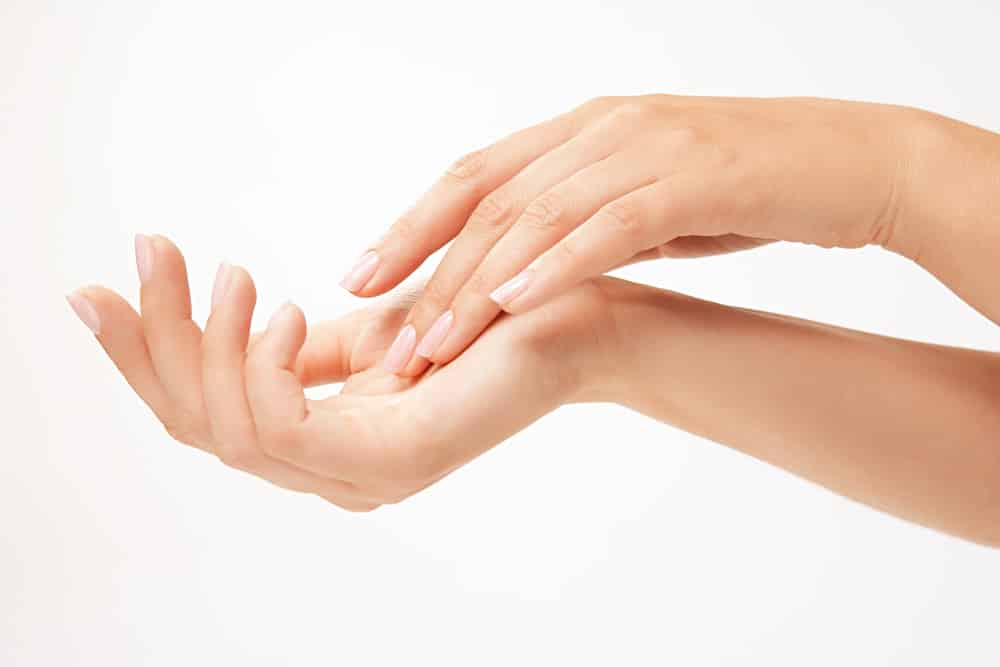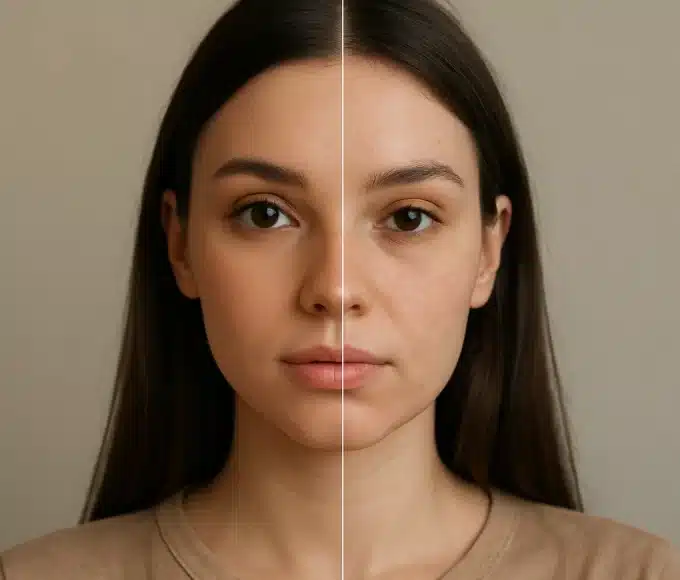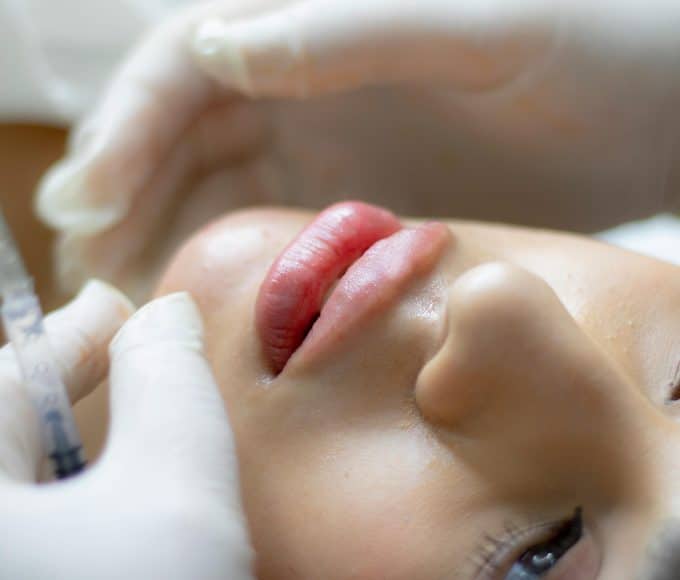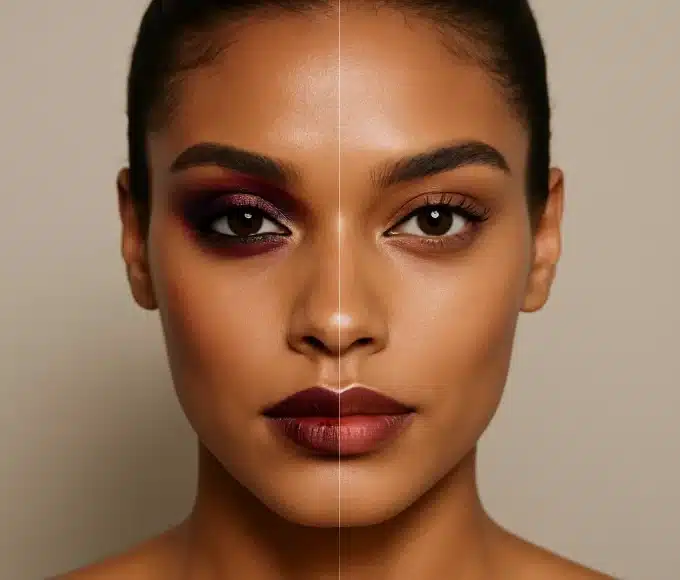No products in the cart.
It is important to moisturize your entire body to prevent cracks, wrinkles and even premature aging due to a loss in elasticity in the skin; this applies to your face as well as your body. We all have skin in common, what we might not have in common is which type of skin, for example: oily, dry or sensitive. Not only do our natural oils make us look shiny at times, but they carry dirt and dead skin cells. Aside from that, our natural oils, more accurately referred to as sebum, serve a few different purposes: stopping too much water from entering/leaving our bodies and protection from viruses and bacteria. If you have gone an extended period of time without moisturizing your skin then you might have come across scratchy feeling elbows, course knees and cracked heels. Moisturizing your skin should be a daily regimen and is not limited to applying lotion. Doing things like drinking water, for example, can keep your lips from peeling and give your skin more of a glow. Make sure to eat foods with omega-3 and other vitamins that can help moisturize your body from the inside out.
Video Overview
Fist take into consideration the type of skin you have, this is important when deciding how to best moisturize your skin.
Oily:
With oily skin you might only notice ash after a shower or later on in a busy day. Too much production of sebum will cause acne, blackheads, and unwanted shine on your face. Oil-free moisturizers are best for this type of skin. Make sure to cleanse first but also remember that cleansing more than once a day is recommended for acne prone oily skin.
Dry:
Applying a moisturizer with dimethicone or oil right after the shower is very helpful for dry skin. Some experts say that lowering the water temperature when showering as well as taking fewer showers throughout the week might help severely dry skin. For cracked heels try putting petroleum jelly on right after the shower and then wrapping your feet in Ceram wrap to keep the moisture in. Place socks over the wrap and leave it on while you sleep. Be sure to try different soaps that will not strip all of your natural oils.
Sensitive:
Consider talking to a dermatologist to make sure that you do not have something like eczema instead of sensitive skin. Use non-soap cleansers that are mild and non-fragrant. Steer clear of anything with fragrances and alcohol in them.
References
This information was in reference to Discovery Fit and Health, they have great articles to answer your questions on keeping your skin moisturized. Also visit their Sebum Overview article.
Related Articles
FeaturedHealthMakeup & Skincare
How to Care for Wavy Hair Without Ruining It
Before I grew my hair out it was fine. After it became...
BeautyFeaturedParenting
How Beauty Filters Are Messing With Confidence
If you spend time on Instagram or Snapchat, you already see it...
Beauty
Thinking of Getting Lip Fillers? Read This First
If you’re thinking of getting lip fillers, you’re not alone. Lip injections...
BeautyMakeup & Skincare
How to Enhance Your Natural Features
Let’s be honest—makeup trends change every season. But your face doesn’t. And...


